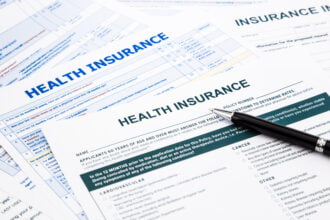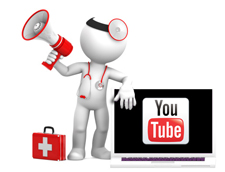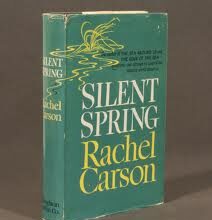

All professions need good communication skills. Obviously in healthcare the ability to communicate with patients should rank high in a physician’s list of talents. These days that interaction occurs in a number of ways: face-to-face, direct telephone contact or though a staff member, via emails, patient portals, or even texting. Because the communication is in the arena of medicine, the protection of an individual’s health information is paramount. Enter HIPAA, which is a federally mandated program to ensure patient confidentiality.
The face-to-face form of interaction is the most rewarding because multiple senses are used in the process. First, I listen to the words while hearing the tenor of a patient’s voice; a few octaves higher with anger or fear, deep and gnarly from years of smoking, “push” of speech in an anxious or grandiose individual, or an accent that might be heavy enough for me to wonder if there is a cultural or comprehension problem. Sight gives me other cues; body language–crossed arms, angry face, tearful, an open posture, a resigned facial expression, stiff limbs or back. Sometimes my sight reveals more concrete things–bizarre tattoos, picked at sores, expensive accessories, worn and torn clothing. My nose may be assailed by the scent of the smoker, too much perfume, not enough soap, musty clothing or pleasant shampoo–all of that speaks to me. Finally touch–dry and peeling skin, a mass somewhere it shouldn’t be whose texture may speak to me of reassurance or of terror.
The opposite must be true as well. We speak volumes to our patients without opening our mouths, or despite opening them. The tenor of our voices may be patronizing, authoritative or uncertain. Our faces and body language reveal our thoughts with a roll of the eye, crossed arms, or open facies. We can look professional or casual. Smell can be important–what asthmatic wants to see a physician whose aftershave or perfume is overwhelming? Perhaps touch is the most expressive. Early on I learned that even when I don’t need to, patients expect to have a “laying on of hands” in some fashion. They may trust you less if you haven’t at least looked in an ear or listened to a heart.
The hardest communication for me is remembering to finish with eye contact and a plan: “We’ll contact you with the lab results”, “I will have our referral clerk Megan call you” or just “Have a great holiday” instead of rushing out to see the next patient. But the best visits include a hand shake or on a good day, a hug.
photo:doctorpatient/shutterstock








